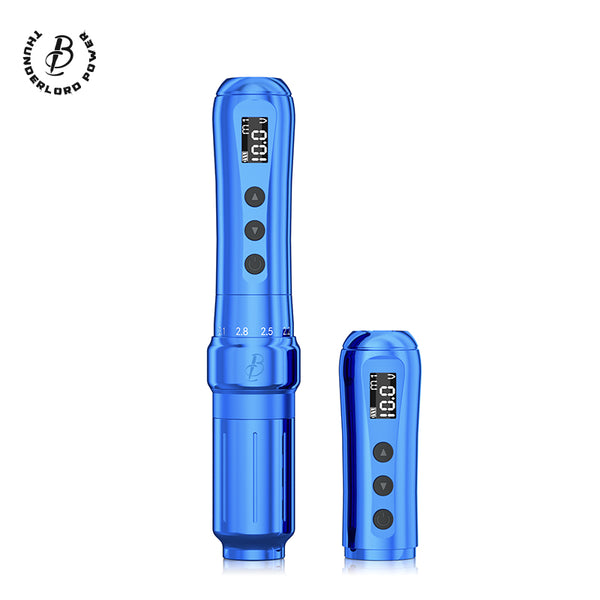The hospitality industry is undergoing a significant transformation, with a growing emphasis on sustainability and health-conscious practices. One notable trend is the rise of alcohol-free cleaning agents. These innovative products are reshaping how hotels, restaurants, and other hospitality venues maintain cleanliness and hygiene. This blog post delves into the factors driving this shift and the benefits of adopting alcohol-free cleaning solutions.

The Rise of Alcohol-Free Cleaning Agents in the Hospitality Industry
In recent years, there has been a marked increase in the use of alcohol-free cleaning agents within the hospitality sector. This trend is driven by several factors, including the growing awareness of the environmental impact of traditional cleaning products and the need for safer, non-toxic alternatives. Alcohol-free cleaning agents offer a viable solution, providing effective cleaning without the harsh chemicals found in many conventional products.
Environmental and Health Benefits
One of the primary reasons for the rise of alcohol-free cleaning agents in the hospitality industry is their environmental and health benefits. Traditional cleaning products often contain volatile organic compounds (VOCs) and other harmful chemicals that can contribute to indoor air pollution and pose health risks to staff and guests. In contrast, alcohol-free cleaning agents are typically formulated with biodegradable ingredients that are less likely to harm the environment or human health.
For example, many alcohol-free cleaners use plant-based surfactants and natural enzymes to break down dirt and grime. These ingredients are not only effective but also safer for use around people with allergies or sensitivities. By adopting alcohol-free cleaning solutions, hospitality businesses can create a healthier environment for their employees and guests while reducing their ecological footprint.
Enhanced Cleaning Efficiency
Another advantage of alcohol-free cleaning agents is their enhanced cleaning efficiency. Despite the absence of alcohol, these products are designed to deliver powerful cleaning performance. They can effectively remove grease, stains, and bacteria, ensuring that hospitality venues maintain high standards of cleanliness and hygiene.
For instance, enzyme-based cleaners are particularly effective at breaking down organic matter, making them ideal for use in kitchens and dining areas. Similarly, alcohol-free disinfectants can eliminate a wide range of pathogens without the need for harsh chemicals. This makes them suitable for use in guest rooms, bathrooms, and other high-touch areas.
Cost-Effectiveness and Versatility
The rise of alcohol-free cleaning agents in the hospitality industry is also attributed to their cost-effectiveness and versatility. Many alcohol-free products are concentrated, meaning that a small amount can go a long way. This not only reduces the overall cost of cleaning supplies but also minimizes waste and packaging.
Moreover, alcohol-free cleaning agents are versatile and can be used on various surfaces, from glass and stainless steel to carpets and upholstery. This versatility simplifies the cleaning process, allowing staff to use a single product for multiple tasks. As a result, hospitality businesses can streamline their cleaning routines and improve operational efficiency.
Meeting Consumer Expectations
Today's consumers are increasingly conscious of the products and practices used by the businesses they patronize. The rise of alcohol-free cleaning agents in the hospitality industry reflects a broader trend towards transparency and sustainability. By adopting alcohol-free cleaning solutions, hospitality businesses can demonstrate their commitment to environmental responsibility and guest well-being.
For example, hotels that use alcohol-free cleaning agents can highlight this practice in their marketing materials, appealing to eco-conscious travelers. Restaurants can also benefit by showcasing their use of non-toxic cleaners, which can enhance their reputation for safety and hygiene.
In conclusion, the rise of alcohol-free cleaning agents in the hospitality industry represents a positive shift towards safer, more sustainable cleaning practices. By embracing these innovative products, hospitality businesses can improve their environmental impact, enhance cleaning efficiency, and meet the evolving expectations of their guests. As the industry continues to evolve, alcohol-free cleaning agents are likely to play an increasingly important role in maintaining cleanliness and hygiene in hospitality settings.




